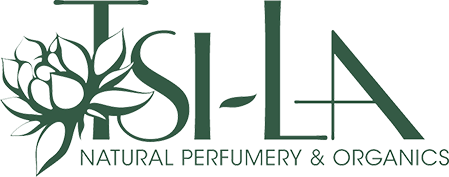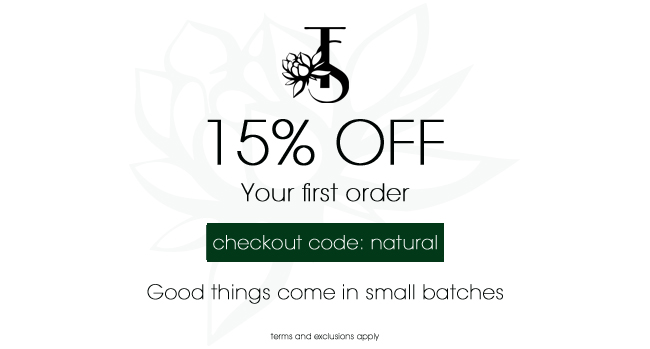The real truth about hypoallergenic perfumes
Companies have realized that consumers are more holistically inclined than in the past decades. For this reason, there are tons of beauty products on the market that claim to be “good for you” because they are either natural, hypoallergenic perfumes, or non-toxic. Do not be fooled; these are clever marketing tactics to prey on consumers interested in using pure organic perfumes and beauty products. It is essential that you, as a consumer, are aware that not all ‘healthy’ products are good and may cause potential reactions.
What does it mean to be an organic perfume?
The use of the word organic is highly regulated and legally means the USDA has certified a product or ingredient. A product must contain (excluding water and salt) only organically produced ingredients. Products may display the USDA Organic Seal and must display the certifying agent’s name and address. Only certified organic perfumes have an accompanying logo that confirms this; if they are found not to be approved by the USDA and still use the logo they will have legal repercussions. If you do see the logo, it means that natural fragrances like Tsi-La Organics Fiori D Aranci are USDA certified organic (excluding water and salt) and have been grown and processed under a stringent code of cleanliness, with no pesticides or fertilizers, and absolutely no genetically modified organisms.
What does it mean to be a hypoallergenic perfume?
Products labeled hypoallergenic perfume are claiming that they cause fewer adverse reactions than their competitors, but any product can be marked with the word. Unfortunately, it holds no meaning whatsoever. There are no government regulations that govern the use of the term “hypoallergenic” in beauty products. People can’t assume that moisturizers marketed as hypoallergenic will help skin conditions or calm skin sensitivities. It is estimated over 80% of products claiming to be ‘hypoallergenic’ actually contain at least one allergy-causing chemical, and 10% of products include more than five allergens.
Many companies claim they offer perfume or beauty products that are made with natural and hypoallergenic ingredients, misleading the consumer to think that this is equivalent to green, completely natural and organic. Wrong. Technically a product cannot be 100% free of allergens if it is natural and organic (made from nature) because there is the potential that that ingredient might not react well to the person’s body chemistry. Neither hypoallergenic or natural are legally regulated. This means any company can claim they provide natural perfumes or hypoallergenic products. A similar marketing term is ‘non-toxic,’ all this denotes is the product has potentially fewer ingredients that have been linked to toxic responses in humans.

